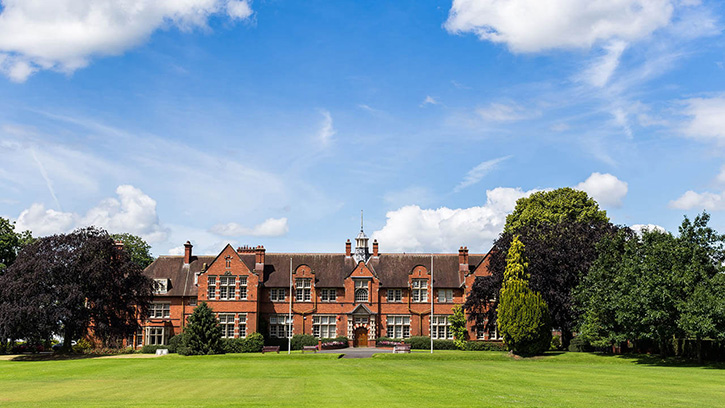The first School of Sustainable Food and Farming has launched in the UK with the aim to encourage new sustainable farming methods to help British agriculture achieve its net zero goal.
The School of Sustainable Food and Farming is the first of its type in the UK. Its courses will seek to introduce regenerative methods of farming – for livestock, soil health and biodiversity – to help produce the nation’s food in an even more sustainable and climate-friendly way.
In the UK, agricultural production is currently responsible for 10% of all greenhouse gas emissions, so the school will play a huge part in realising the government’s new ‘green’ agriculture policy, unveiled in November last year.
Based at Harper Adams University in Newport, Shropshire, the school’s courses will be designed using the work on sustainable farming and food production by the University, and in unique collaboration with supermarket Morrisons, foodservice outlet McDonald’s UK, and the National Farmers Union.
The school will bring together all of the latest thinking and learning on farming using sustainable methods. Virtual courses will cover a wide range of topics including carbon sequestration, the potential of green energy production on farms – including anaerobic digestion plants, and understanding the value of carbon.
In addition, on-the-farm learning with university tutors will take place – to offer real-world practice. The courses will be run by the UK’s leading experts in agronomy, veterinary practice and nutrition.
Minette Batters, president of the National Farmers Union, said: “A transformation is needed globally to boost sustainable food production and ensure that we can continue to feed a growing population while doing our bit for the planet. In Britain farmers have an ambition to reach net zero greenhouse gas emissions by 2040 and the School of Sustainable Food and Farming will help us get there.
“It will help our farmers – both established and new – take on the role of world leaders in climate-friendly food production, paving the way for farming across the world in a sustainable and beneficial way.”
Professor Michael Lee, deputy vice chancellor at Harper Adams University, said: “The way Britain – and the world – farms is changing, and the future is upon us. We need to recognise that, and to understand that the future sustainable production of our food is critical.
“It is time for modern agricultural institutions to develop the systems we need to support this production for the 21st Century – such as this School, which brings together the expertise we have at Harper Adams with the experience of industry, wherever it is needed in the country. What we are doing here is pioneering, and it will help the UK to lead the world in agricultural thinking and practice.”


